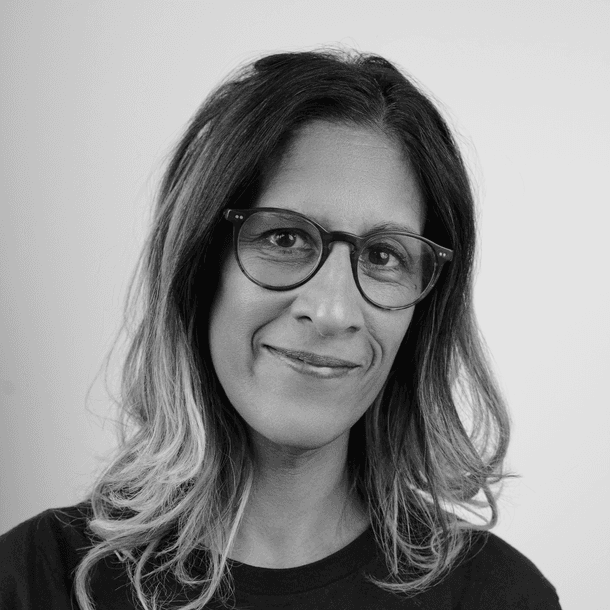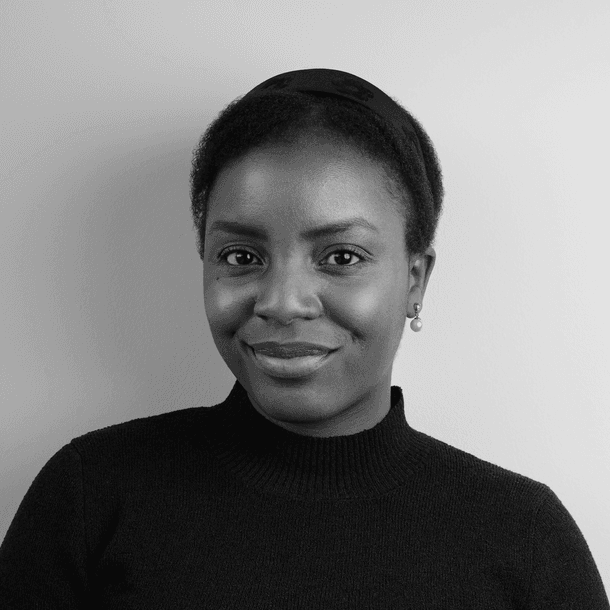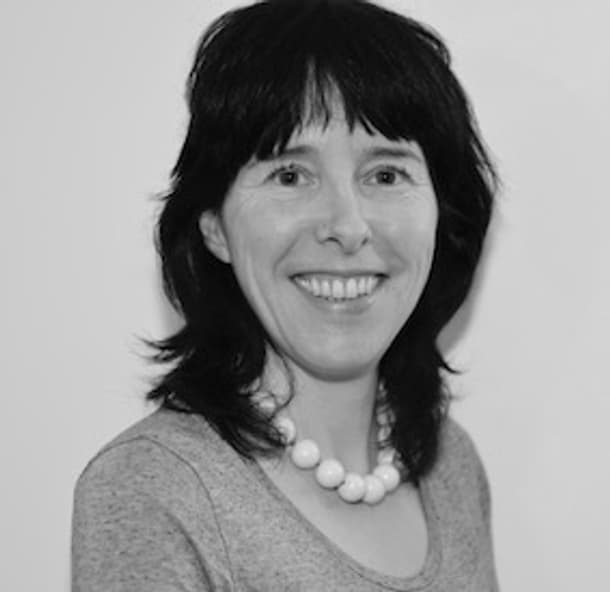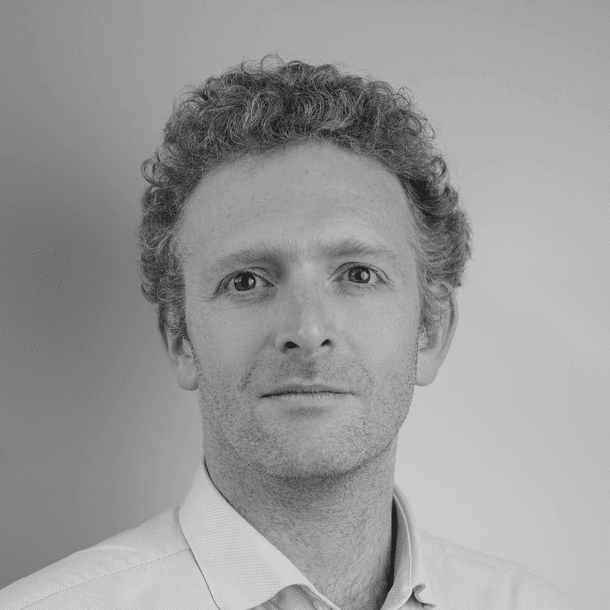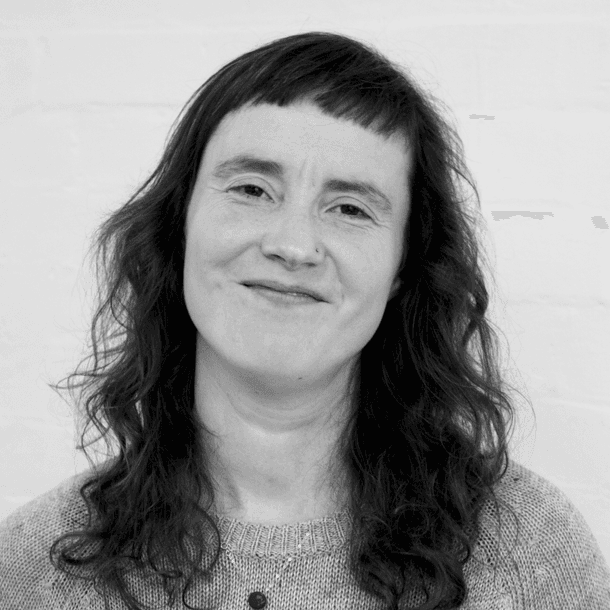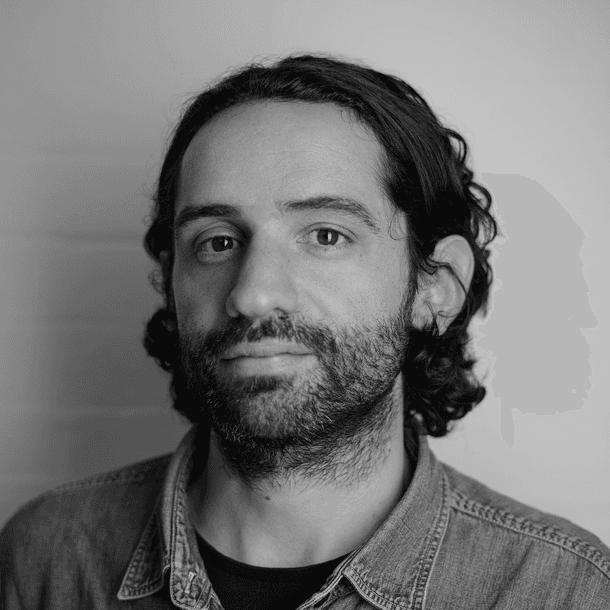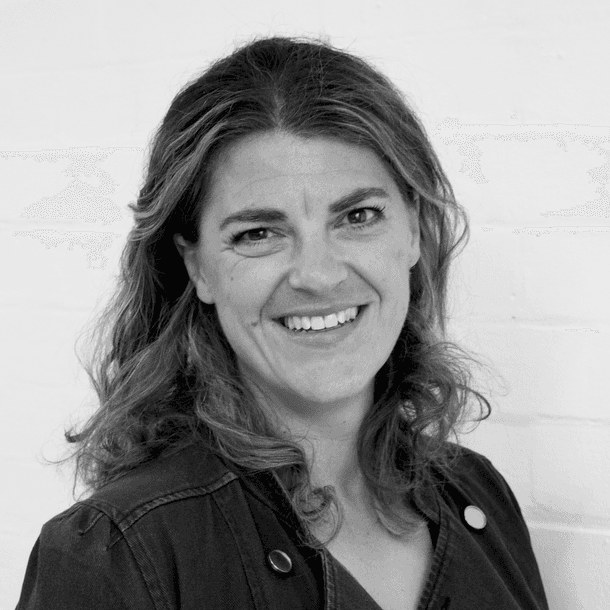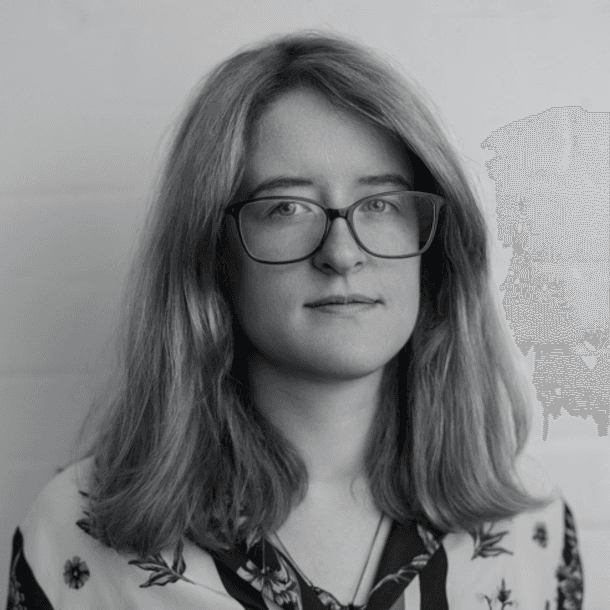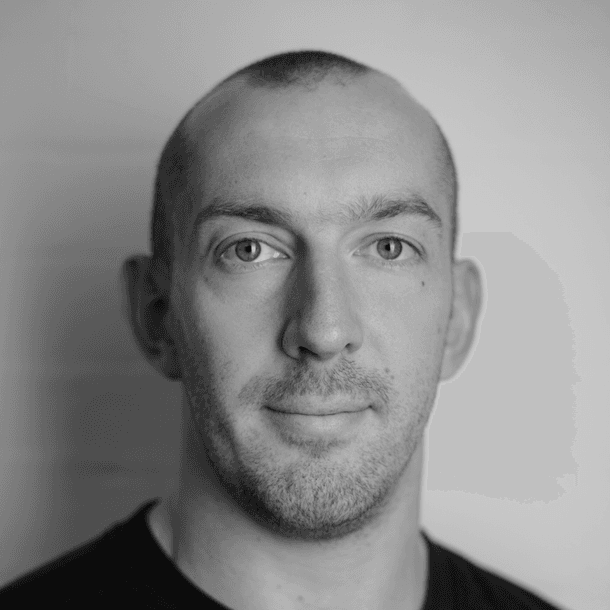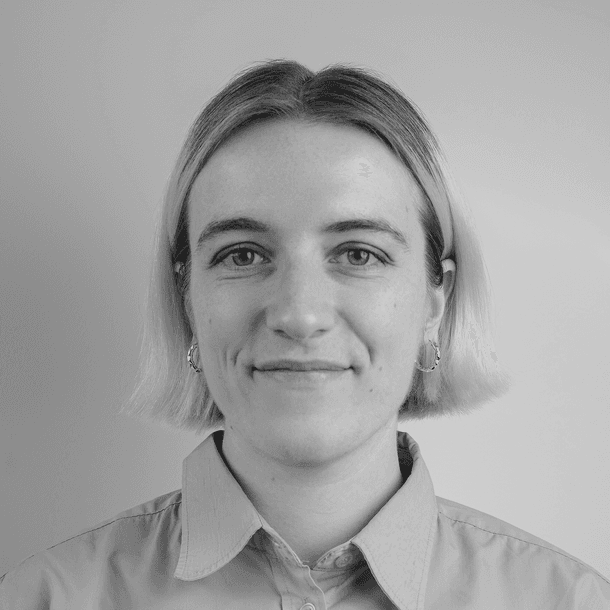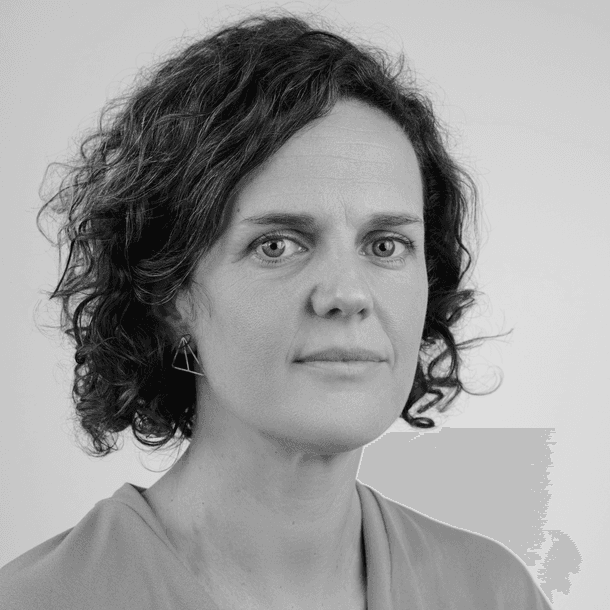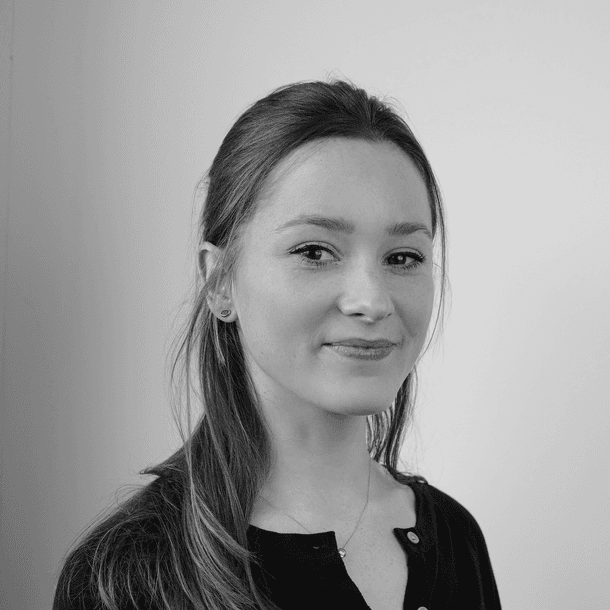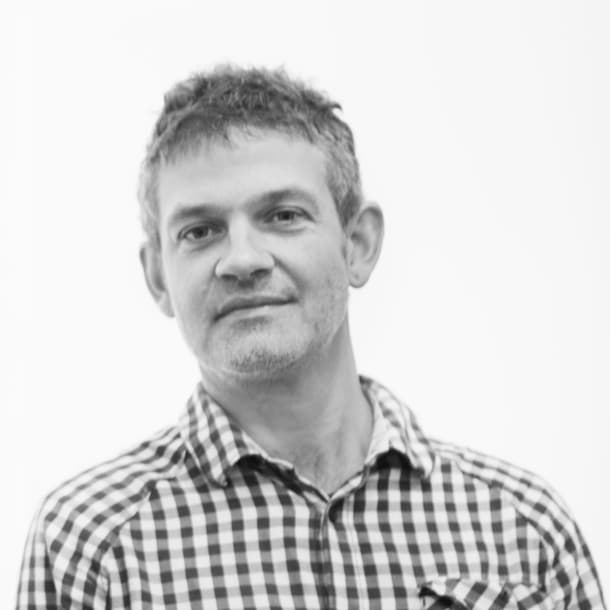Our People
TBIJ’s team consists of full-time reporters, data journalism specialists and editors, led by our CEO and editor-in-chief Rozina Breen.
Our staff range from experienced journalists, academics and researchers who have spent years doing investigations to young reporters near the start of their careers.
Between us we have vast experience of national and local print, radio, television, online and new media.
Staff
Freelancers
In addition to these members of staff and regular contractors, TBIJ also works with experienced freelancers. These have recently included Tamasin Cave and Charlotte Maher. Outside the UK, TBIJ has worked freelancers including Rahul Meesaraganda, a freelance investigative reporter in India.
Management
The Bureau has a board of directors, which meets four times a year. The directors, who act like trustees, have overall responsibility for the finances and strategy of the Bureau. It plays no part in the day-to-day editorial decisions. The board appoints the Managing Editor, who has editorial freedom to pursue investigations and research consistent with the objectives of the Bureau set out here.
Composition of the Board
The board is co-chaired by Isabel Hilton and Richard Sambrook.
Isabel Hilton: Isabel is a London based writer and broadcaster. She is founder and editor of chinadialogue, an independent, non-profit organisation based in London, Beijing and San Francisco. She has reported from China, South Asia, Latin America, Africa, the Middle East and Europe and has written and presented several documentaries for BBC radio and television. Before founding chinadialogue she was a writer and/or editor for a number of newspapers, including the Sunday Times, the Independent and the Guardian. She has authored and co-authored several books and holds honorary doctorates from Bradford and Stirling Universities.
Richard Sambrook: Emeritus Professor of Journalism at Cardiff University. He was previously Director of BBC News and the World Service and worked at the corporation for 30 years. He has advised major news organisations around the world including CNN, Al Jazeera, Channel 4 and News UK. He was a producer on major events such as the fall of the Berlin Wall and consequent collapse of the Soviet Union. He was News Editor across all BBC radio and TV output before joining the board of management for ten years. He has been a Trustee of the World Wildlife Fund (UK), Article 19 (the free speech NGO) and of the International News Safety Institute for which he led an inquiry into the deaths of journalists around the world. From 2006-2009, he was Vice President of the European Broadcasting Union and represented public broadcasters on the advisory group to the UN's Internet Governance Forum. He has also been a Research Fellow at the Reuters Institute for the Study of Journalism at Oxford University.
Conor McCarthy: Conor’s practice encompasses public law, civil claims and international law. He is regularly instructed in complex disputes, both public and commercial, across chambers’ core areas of work. He has particular expertise in the areas of competition law, data protection and in claims involving issues of public or private international law or civil liberties.
He has substantial experience of multi-jurisdictional commercial and competition disputes, often being instructed in matters raising issues of jurisdiction, applicable law or international enforcement. He also has expertise in international trade law and sanctions. He has been instructed in cases before both domestic and international courts and tribunals, including the International Court of Justice. He was appointed independent expert to the Council of Europe Parliamentary Assembly Hearing on Sanctions.
Prior to coming to the bar, Conor was a fellow of the British Institute of International and Comparative Law and taught international law at Cambridge University. He has published widely on issues of international law
David Potter CBE: David is an academic, scientist and entrepreneur. He founded Psion in 1980 and led its development in software and the world’s first consumer hand-held computers. Together with Nokia, Sony, Ericsson and Motorola, he created Symbian the first licensed software merging mobile phones and portable computers. In 1999 he was named Britain’s Entrepreneur of the year. David has served on national committees on higher education, science and technology and The Court of the Bank of England. He and his wife Elaine established the David and Elaine Potter Foundation.
Elaine Potter: Elaine is the co-founder of the David and Elaine Potter Foundation. A former member of the Sunday Times Insight team she co-authored several Sunday Times books, including Suffer the Children: the Story of Thalidomide and Destination Disaster: From the Tri-Motor to the DC10. Born in South Africa, she is a trustee of the University of Cape Town Trust.
Gill Phillips: Gill is a media law specialist. Until recently she worked in-house as the Director of Editorial Legal Services for Guardian News & Media Limited. She advised on a range of content-related matters including defamation, privacy, data protection, copyright, contempt of court and reporting restrictions. She has also worked at the BBC, Newsgroup Newspapers and Times Newspapers Limited in a similar capacity. She has advised Guardian News & Media on phone-hacking, Wikileaks, the Leveson Inquiry, the NSA leaks from Edward Snowden, the HSBC files, the Panama and Paradise Papers and the Pegasus Project. She is the author of a chapter on ethical issues in large-scale journalistic investigations in the Routledge Companion to Journalism Ethics. She is a co-author of the 2024 Edition of McNae's Law for Journalists. She also sits as a part-time Employment Tribunal Judge and co-authors the University of Law Employment Law handbook.
Grzegorz Piechota: Greg Piechota is a researcher-in-residence at the International News Media Association and the lead of INMA’s strategic initiatives: Readers First and INMA Benchmarks.
An ex-research fellow at Oxford and Harvard universities, he studied technology-enabled disruption patterns across industries and business model innovation in news media. Occasionally, he lectures on business model innovation and digital transformation, e.g., in 2023 at the Ludwig Maximilian University of Munich and at the Stockholm School of Economics.
Greg is a former media executive with 20+ years of industry experience, beginning at Poland’s Gazeta Wyborcza in 1996 where he worked his way up from local reporter to news editor and vice president of Agora Foundation.
He serves on boards of non-profits, publishing groups and e-commerce companies in the UK, Germany, Poland, and Ukraine.
His book, Unlocking the Customer Value Chain, written with Thales Teixeira of Harvard Business School, was published in 2019 by Currency.
James Lee: James is former chief executive of Pearson Longman and a main board director of its parent company Pearson plc. James is the co-founder of Goldcrest Film and TV and a former director of Yorkshire Television and the Film Council. He has advised or served on the boards of a number of international media companies, as well as having been the chairman of an NHS Hospital Trust.
Simon Walker: Simon is a chartered accountant and retired from being a partner in accounting firm KPMG in 2021. He is a non-executive director of a FTSE 250 bank and chairman of an AIM listed financial services business. Simon was for 12 years the chair of the finance committee at Leeds playhouse, gaining useful experience in the grant funded sector.
He lives in a small town on the edge of the North Yorkshire moors, where he organises a regular repair café, is involved in the local environment group and enjoys walking in the local countryside. He has a degree in law from University College London.
Yasmin Namini: Yasmin is a media executive known for her transformative leadership at one of the world's top news brands, The New York Times. As Chief Consumer Officer, Yasmin led the Times’s print and digital subscriptions consumer revenue business, marketing, and consumer insights. Since leaving the Times in 2015, Yasmin works globally as a media consultant and advisor, specializing in digital and business transformation, revenue diversification, and direct-to-consumer monetization strategies. Active in the news media world, she is a frequent speaker at industry events, teaches as an adjunct lecturer, and contributes as a Board Director.

